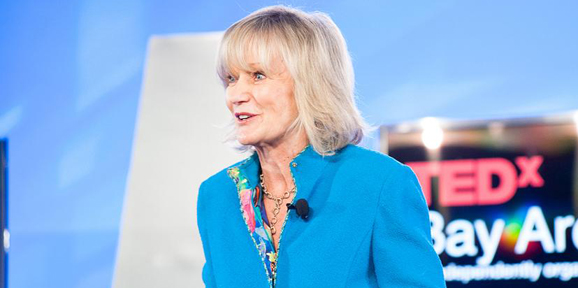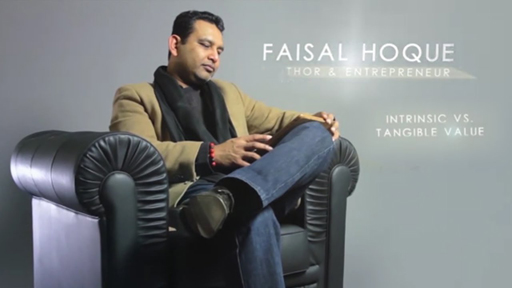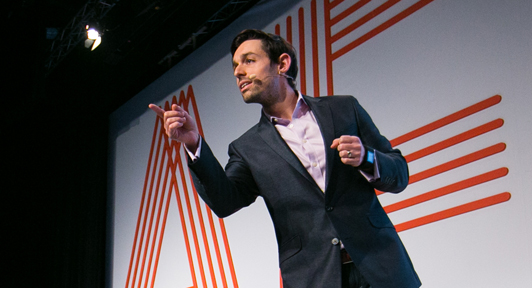
Building Better Business Relationships with Tim Sanders
 | Can you give us five tips for how to build better business relationships? |
 | 1 – Listen more than you talk. 2 – When you can, teach others and share knowledge. 3 – Connect people with new contacts and expect nothing in return. 4 - Be thoughtful about the emotional experience others have as a result of our actions. Approach relationships from a design standpoint, to weed out pain points and whenever possible, deliver signature moments. 5 – Hug people, letting them know that you care about them as a person. |
| Followers stop listening to leaders that consistently produce negative emotions or ignore/judge their emotions. | |
| |
 | What is "emotional talent" and why is it an important leadership quality? |
 | Emotional talent is your ability to manage your own emotions and respond generously to the emotions of others.
Leaders must “Define reality, then give hope,” according to Napoleon Bonaparte. To do this, a sense of emotional balance is required. Followers stop listening to leaders that consistently produce negative emotions or ignore/judge their emotions. Dr. Daniel Goleman wrote that the emotional brain is 35 times more powerful than the logical brain – So leaders must seriously evaluate the Emotional Comp Plan they are offering talent. |
 | How can organizations integrate employee experience design into leadership? |
 | By segmenting the employee’s experience down to every transaction around the talent life cycle (hiring, onboarding, development, reward).
By observing the mood state with the same level of attention as one measures the profit and loss statements. After all, it’s the #1 way to predict future levels of service and innovation. |
 | What is one of the most important "7 Faces of Emotion" and how can it make leaders smarter? |
 | When people are sad, they tip their heads. When they are surprised, most cover their mouth with their hand or bottom lip. Knowing the difference between the two can make you the smartest, most perceptive person in a meeting. |
| People emulate a leader’s style when they serve customers. | |
| |
 | How can developing a more empathetic culture lead to a more customer-centric approach to selling and delivering? |
 | People emulate a leader’s style when they serve customers. If you treat your talent’s feelings as facts instead of replying, “You shouldn’t feel that way,” when they experience negative emotions, they will do the same. This validation factor underlies both the greatest leaders and most effective service providers in the world. |
 | What are some of the talent management trends you see emerging within the next ten years? |
 | • Finding ways to stretch and challenge the Millennials, who will ask for promotions when they really want a “harder level to play.” • Restoring work life balance by cutting off the digital-leash that requires 24-7-365 attention to email and social media. • Giving talent a sense of cause that’s deeply integrated into their roles. To bring Tim Sanders to your organization, please contact Speaking.com at: Speakers@Speaking.com. |















